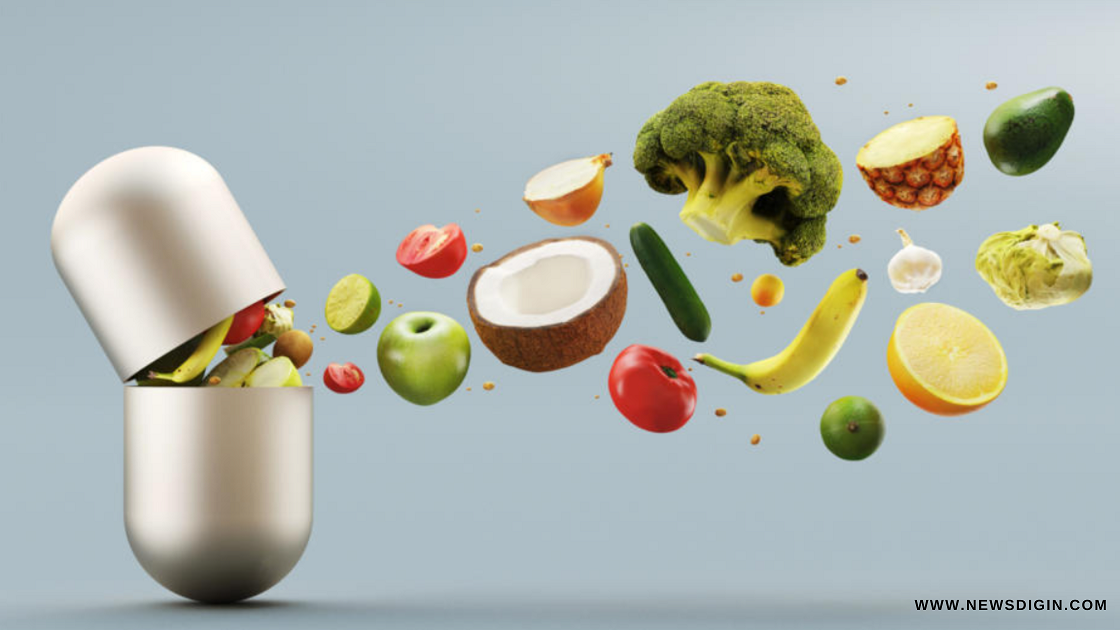Nutrient Deficiency Chart | Nutrient Deficiency Symptoms In Humans: Hey guys, today I am sharing some useful information about common nutrients deficiencies. May this information helps you.
Nutrient Deficiency Chart | Nutrient Deficiency Symptoms In Humans

A Lack Of Iron
Iron is a vitally important element. As an important part of red blood cells, ferritin helps transport oxygen throughout your body by binding with haemoglobin.
Dietary Iron Is Found In Two Forms
Put some hemi in the iron. Since this iron is so well absorbed, it’s great for Anaemia. Only animal products contain it, and red meat has the highest concentration.
Iron that has not been treated with hemi. This kind is more common in animal and plant foods. heme iron is more easily absorbed, whereas nonheme iron is more difficult to absorb.
However, unless you’re severely iron deficient, you should avoid taking a supplement with the mineral. Overdosing on iron can have serious consequences.
Vitamin C, in particular, has been shown to improve iron absorption. You can get the most iron absorption by eating vitamin-C-rich foods like oranges, kale, and bell peppers with iron-rich foods.
A Lack Of Iodine
To keep the thyroid functioning normally and to make thyroid hormones, you need iodine.
Growth, brain development, and bone maintenance are all affected by thyroid hormones. Their presence also affects the rate at which your metabolism operates.
Nearly a third of the world’s population suffers from iodine deficiency, making it one of the most common nutritional deficiencies.
A goiter, or enlargement of the thyroid gland, is the most common symptom of an iodine deficiency. There’s a chance it’ll raise your heart rate, give you shortness of breath, and make you gain weight.
A Deficiency In The Vitamin D
In the body, vitamin D works like a steroid hormone because it is fat-soluble.
Through your bloodstream, it tells your cells whether or not to turn on or off genes. Almost all of your cells have a vitamin D receptor.
When exposed to sunlight, your skin produces vitamin D by converting cholesterol into a steroid hormone. A lack of adequate dietary intake or supplementation with vitamin D increases the risk of vitamin D deficiency in people who live far from the equator.
A Deficiency In The B Vitamin B12
Water-soluble vitamin B12 is also known as cobalamin. In addition to blood formation, it is necessary for the proper functioning of the brain and the nerves.
B12 is require for normal cell function, but your body cannot produce it. As a result, it can only be obtain through food or supplementation.
Although some types of seaweed may contain small doses of B12, animal foods are the only source of this vitamin in significant quantities. As a result, vegetarians and vegans have an increased risk of nutritional deficiencies.
A Lack Of Calcium
Every cell in your body relies on calcium for proper function. It helps to mineralize teeth and bones, especially when growth is rapid. In addition, it’s critical for bone health.
Calcium also serves as a messenger molecule for other molecules. Your heart, muscles, and nerves all depend on blood flow to operate.
You have a tight control over the amount of calcium in your blood, and any extra is store in your bones for later use. If you don’t get enough calcium, your bones will start releasing it.
Osteoporosis, characterised by softer and more fragile bones, is the most common symptom of calcium deficiency.
Also Read:


















































